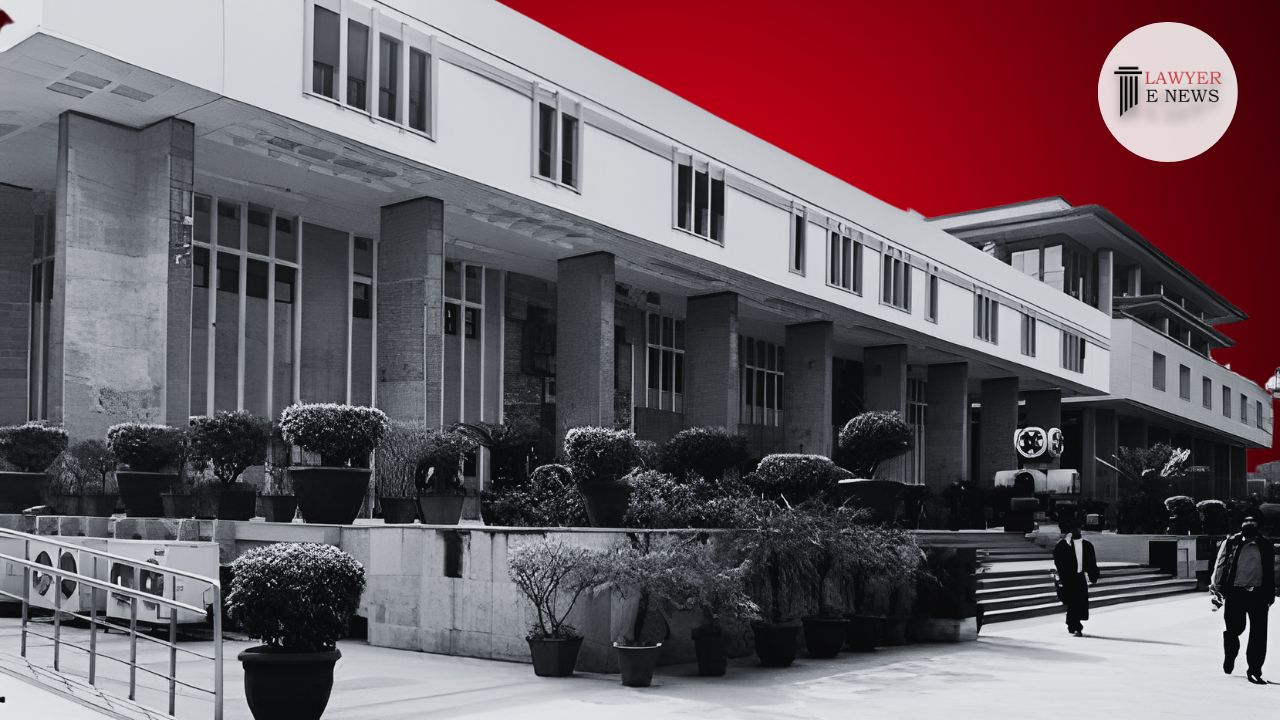-
by Admin
15 February 2026 5:01 PM



In a recent judgment delivered by Justice Shalinder Kaur of the Delhi High Court, the court upheld the decision of the Trial Court to grant an additional opportunity for the respondents to lead defence evidence in a property dispute case, reinforcing the principle of judicial discretion in civil proceedings.
Legal Point of Judgment: The core legal issue revolved around the application of Section 151 of the Code of Civil Procedure, 1908 (CPC), particularly in the context of granting an opportunity to the respondents to present defence evidence after their right was initially closed.
Facts and Issues: The petitioners, Smt. Pushpa Devi & Anr., filed a civil suit against respondents Sh. Pawan Sehrawat & Ors., concerning the unauthorized construction of a wall that obstructed the petitioners' property. Despite multiple opportunities given by the Trial Court, the respondents failed to present their evidence in a timely manner. Subsequently, the respondents sought to recall the order closing their right to lead evidence, leading to the current petition under Article 227 of the Constitution of India.
Responsibility and Negligence of Respondents: The court noted the irresponsible and negligent conduct of the respondents but acknowledged the discretion exercised by the Trial Court in favor of them. Justice Kaur observed, "The conduct of respondent no. 1 & 2 certainly has invited criticism, yet the learned Trial Court exercised its discretion in favour of respondent no. 1 & 2 by granting them a single opportunity to lead defence evidence subject to cost."
Exercise of Discretion under Section 151 CPC: The High Court closely analyzed the application of Section 151 of CPC, emphasizing the need for its careful and circumstantial usage to balance the necessity for expedited trials with the principles of fairness and justice.
Consideration of Personal Difficulties: The court took into account the personal difficulties of the respondents, including the claim that the son of respondent no.1, who was managing the trial, was suffering from depression, which impacted their ability to participate in the trial.
Decision: The High Court dismissed the petition, upholding the Trial Court’s decision to grant the respondents a single opportunity to lead their defence evidence, contingent on payment of costs. The court mandated, "Subject to payment of cost of Rs. 20,000/- imposed by the learned Trial Court & previous cost of Rs. 5,000/- within a week from today, respondent no. 1 & 2 shall conclude its evidence on a single date to be fixed by the learned Trial Court."
Date of Decision: March 11, 2024
Smt. Pushpa Devi & Anr. vs. Sh. Pawan Sehrawat @ Foji & Ors.
